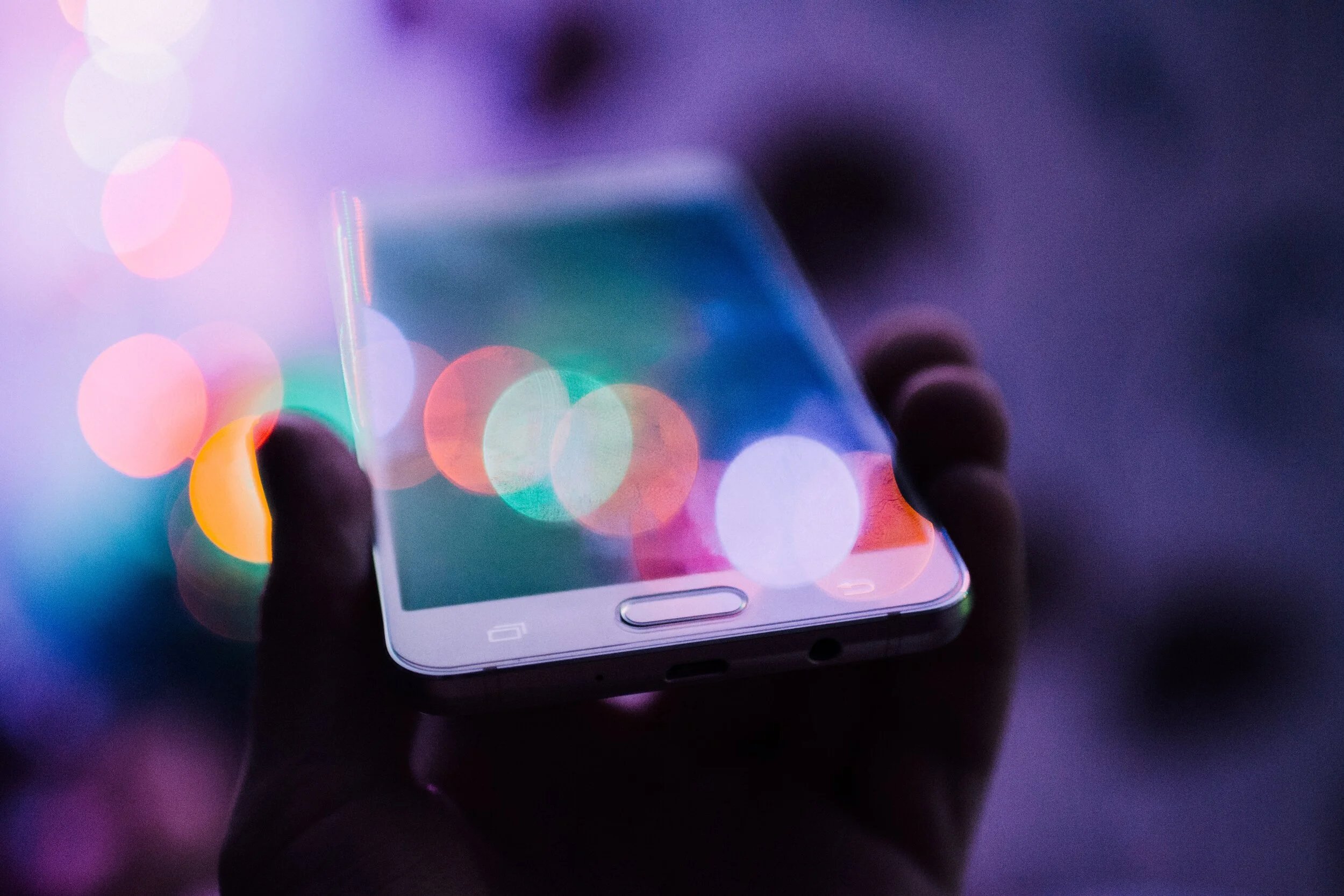According to the World Health Organization, the COVID-19 outbreak has been accompanied by an ‘infodemic’, which is short for ‘information epidemic’. The term refers to the rapid spread of misinformation. According to an article in the Wall Street Journal the term was first coined in 2003 during the SARS outbreak.
In the age of social media, both accurate and inaccurate information spreads rapidly and vastly. During times of crisis this can act as a double edged sword- providing warnings to others quickly but also making it difficult for individuals to determine what is accurate guidance. Inaccurate information can have a variety of consequences including panic purchasing, hoarding supplies, spreading rumors, or even apathy as a way to harden oneself against the difficult task of living in the uncertain.
It can be extremely difficult for individuals to manage uncertainty. In a 2017 study of patients waiting for HIV test results, anxiety levels dropped after receiving a positive result, suggesting that uncertainty can be more emotionally stressful than receiving a diagnosis of chronic illness (Ashraf Kagee, Wylene Saal & Jason Bantjes (2017) Distress, depression and anxiety among persons seeking HIV testing, AIDS Care, 29:3, 280-284, DOI: 10.1080/09540121.2016.1259453).. Understandably, the public wants answers, and in an age of instant gratification many are turning to social media and unreliable news sources for information.
How to cope with uncertainty
Focus on the facts. Turn to reliable sources such as the World Health Organization, the Center for Disease Control, and your state and local government for guidance.
Have designated news times. During times of crisis, it’s important to take some time away from news sources that can cause stress. Try assigning specific times during the day that you allow for researching reliable news about the COVID-19 outbreak. For example, 30 minutes in the morning, and 30 minutes in the evening. Try avoiding going down a social media rabbit hole.
Myth Busters. Read the CDC's Frequently Asked Questions about COVID-19, Key Facts Key Facts and the World Health Organization's Myth Busters about COVID-19.
Talk to someone- Share your feelings of stress and uncertainty with people you trust such as family, friends, clergy or a mental health professional. Many local crisis/counseling hotlines remain open and many therapists are offering phone or video sessions to support clients.
Let’s all work together to help stop the spread misinformation of this infodemic. Let’s stop encouraging fear and panic. Let’s take care of one another by researching and sharing the facts rather than rumors. Own your uncertainty, acknowledge your anxiety, and reach out to others who are struggling.
Photo by Rodion Kutsaev on Unsplash

